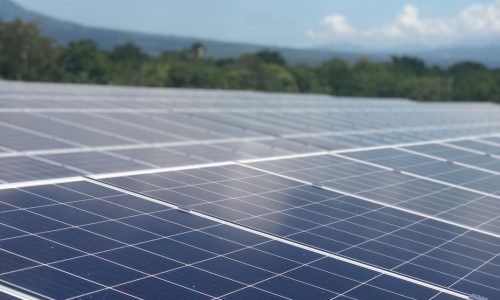China is aiming to develop environmentally-friendly biomass technology to produce biomass for ASEAN countries, including Indonesia. This initiative is led by the Guangzhou Institute of Energy Conversion (GIEC), a part of the Chinese Academy of Sciences (CAS).
Liu Huacai, a researcher at GIEC, noted that energy demand in ASEAN nations has significantly increased due to development, urbanization, and population growth.
He emphasized the need for modern biomass technology that can contribute to building a sustainable energy supply system, protect the environment, and enhance rural economic development.
CAS, through the Institute of Urban Environment (IUE), is also collaborating with Malaysia and Indonesia to establish two pilot projects in Malaysia in 2024. These projects can process 10-20 tons of biomass waste per day to produce carbon-based materials.
Both projects are supported by the Alliance of International Science Organizations (ANSO), an international scientific organization founded in 2018 by CAS and 36 other international science and education institutions worldwide.
Similar modern biomass projects have been carried out in Thailand, a country rich in biomass resources such as crop straw and wood residues.
Wang Yin, a researcher at IUE, explained that biomass by-products include biochar and activated carbon materials that can be used for local drinking water purification, household waste treatment, and air and carbon-based fertilizers for soil improvement.
However, GIEC has identified challenges in biomass gasification projects, including poor fuel flexibility, low gasification efficiency, high tar content in the gas, and secondary wastewater pollution from tar.
To address these issues, improving equipment reliability and operational capabilities is essential to ensure system stability and reduce investment and operational costs.
These collaborative efforts are expected to provide a strong foundation for future cooperation between China and its Belt and Road Initiative partners. After Thailand, Malaysia, and Indonesia, this cooperation will expand to other countries such as the Philippines and Brunei Darussalam.









